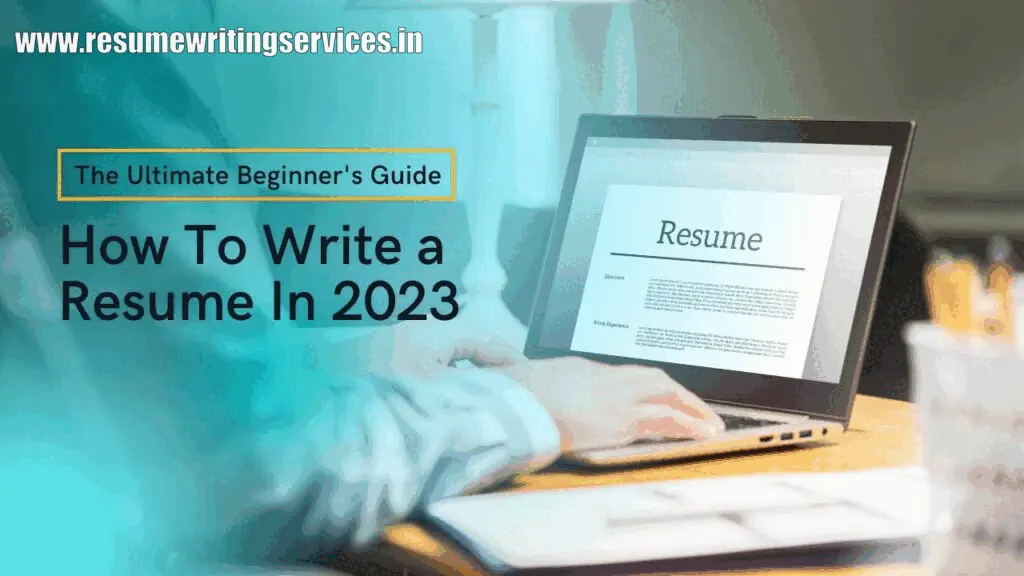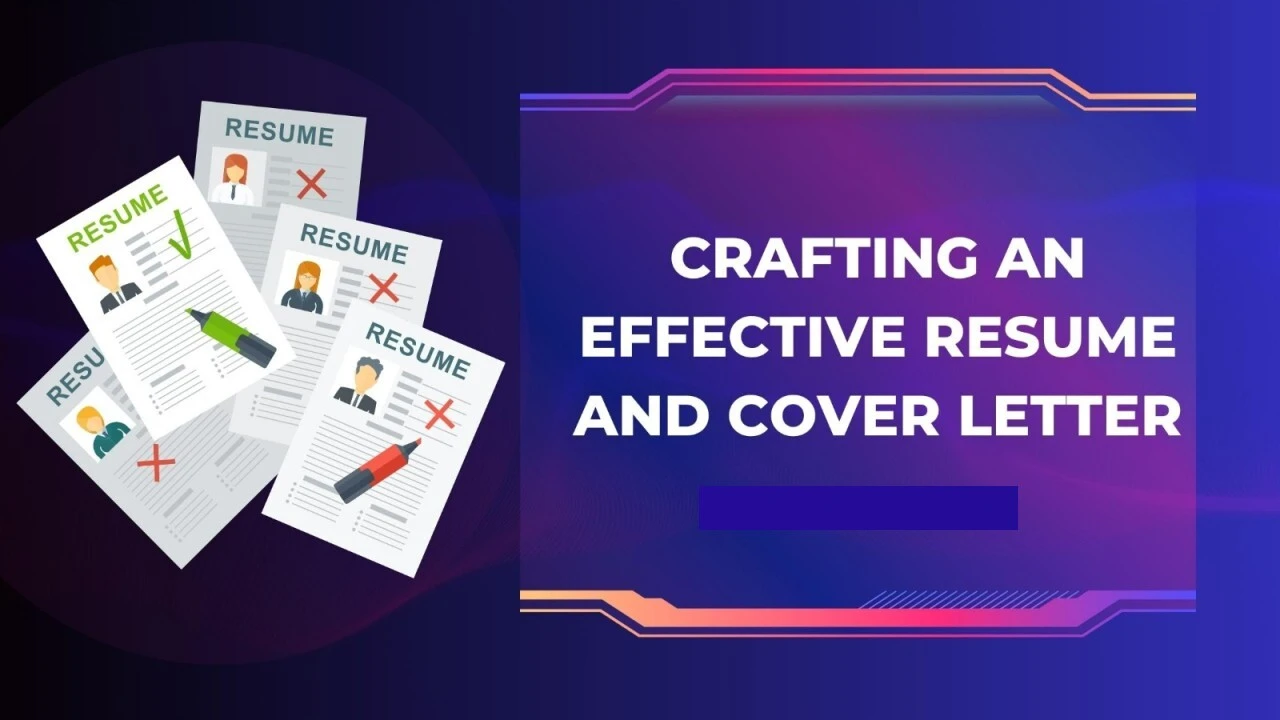Blog Detail

Cover Letter Mistakes to Avoid at All Costs
Sep 1, 2025
Cover Letter Mistakes to Avoid at All Costs
A well-crafted cover letter is your ticket to standing out in a competitive job market. It's your chance to make a strong first impression on potential employers and showcase your qualifications. However, many job seekers unknowingly make common cover letter mistakes that can hinder their chances of landing their dream job. In this guide, we'll explore these critical mistakes and how to avoid them.
1. Generic and Unpersonalized Cover Letters
Using the same cover letter for multiple job applications can give the impression that you're not genuinely interested in the specific position. Tailoring your cover letter to each job opportunity by addressing the hiring manager by name and mentioning the company's name and the position you're applying for is crucial.
Resume Writing Services in India can help you create personalized cover letters that grab the employer's attention.
2. Lengthy and Unfocused Content
Employers often receive numerous applications and don't have time to read through lengthy documents. A well-structured cover letter should be concise and focused.
For assistance in creating a compelling and concise cover letter, you can turn to experts in Cover Letter Services in India.
3. Lack of Examples
Rather than just listing qualifications, use your cover letter to showcase how your skills have made a difference in your previous roles. Cover Letter examples available online can serve as templates to help you craft a more compelling narrative in your cover letter.
4. Neglecting to Match Skills to Job Requirements
Your cover letter should align your skills and experiences with the specific job requirements. Always customize your cover letter to emphasize how your skills match the needs of the position.
When uncertain about how to match your skills to job requirements effectively, consider utilizing Resume Writing Services in India.
5. Ignoring Grammar and Spelling Errors
Submitting a cover letter filled with grammar and spelling errors can make a negative impression. Ensure your cover letter is error-free by utilizing professional services like Cover Letter Services in India.
6. Focusing on What You Want, Not What You Offer
Balance your cover letter by discussing not only what you hope to gain from the position but also how your skills and expertise can benefit the employer and contribute to their success.
7. Overusing Jargon and Buzzwords
Avoid using excessive industry jargon and buzzwords in your cover letter. Keep your language clear and concise to ensure the hiring manager understands your qualifications.
8. Not Addressing Employment Gaps
If you have employment gaps, briefly address them in your cover letter to alleviate concerns and focus on the skills and experiences gained during those periods.
9. Using a Bland Opening
A compelling cover letter often starts with an engaging hook. Avoid generic openings and grab the reader's attention from the beginning.
10. Skipping the Proofreading Process
Neglecting to proofread your cover letter can lead to embarrassing mistakes. Carefully proofread your document or enlist the help of a professional proofreading service.
In conclusion, a well-crafted cover letter is a powerful tool in your job search arsenal. Avoiding these common mistakes can significantly enhance your chances of getting noticed by employers and landing your desired job.
Let’s explore some frequently asked questions (FAQs) related to cover letters:
Q1: What is the purpose of a cover letter?
A1: The primary purpose of a cover letter is to introduce yourself to a potential employer, express your interest in a job position, and highlight how your qualifications match the requirements of the job. It provides a personalized touch to your job application and can set you apart from other candidates.
Q2: Should I include a cover letter with my job application, even if it's not explicitly required?
A2: Yes, it's generally a good practice to include a cover letter with your job application, even if it's not mandatory. A well-crafted cover letter can showcase your enthusiasm for the position and demonstrate your commitment to going the extra mile.
Q3: How long should a cover letter be?
A3: A cover letter should be concise and typically no longer than one page. Aim for a length of around 250 to 400 words. Keeping it concise ensures that the hiring manager can quickly assess your qualifications and interest in the position.
Q4: What should I include in my cover letter?
A4: A cover letter should include the following elements:
Your contact information
The employer's contact information (if available)
A salutation addressed to the hiring manager (if you know their name)
An introductory paragraph expressing your interest in the job
Body paragraphs highlighting your qualifications and relevant experiences
A closing paragraph summarizing your enthusiasm and inviting further contact
A closing signature
Q5: How can I tailor my cover letter for a specific job application?
A5: To tailor your cover letter:
Mention the specific job title and company name.
Highlight the skills and experiences that directly relate to the job requirements.
Explain why you're interested in that particular role or company.
Address the hiring manager by name if possible.
Q6: Can I use a template for my cover letter?
A6: Yes, using a template can be a helpful starting point. However, it's crucial to customize each cover letter for the specific job you're applying for. Generic cover letters are less effective than personalized ones.
Q7: Is it okay to mention salary expectations in a cover letter?
A7: It's generally not recommended to mention salary expectations in your cover letter unless the job posting specifically requests this information. Salary discussions are often best left for later in the hiring process, such as during an interview or negotiation stage.
Q8: What should I do if I have employment gaps in my work history?
A8: If you have employment gaps, briefly address them in your cover letter. Focus on the skills and experiences you gained during those periods or any relevant activities (e.g., volunteer work, freelance projects) that showcase your qualifications.
Q9: How can professional services assist with cover letters?
A9: Professional services, such as Resume Writing Services in India and Cover Letter Services in India, can provide expert guidance in creating tailored, error-free, and compelling cover letters. They can help you stand out in the competitive job market.
Q10: Is it necessary to follow up on a job application with a separate email or phone call after sending a cover letter and resume?
A10: Following up on a job application can demonstrate your eagerness and professionalism. If you haven't received a response within a reasonable timeframe (typically a week or two), it's acceptable to send a polite follow-up email expressing your continued interest in the position.







